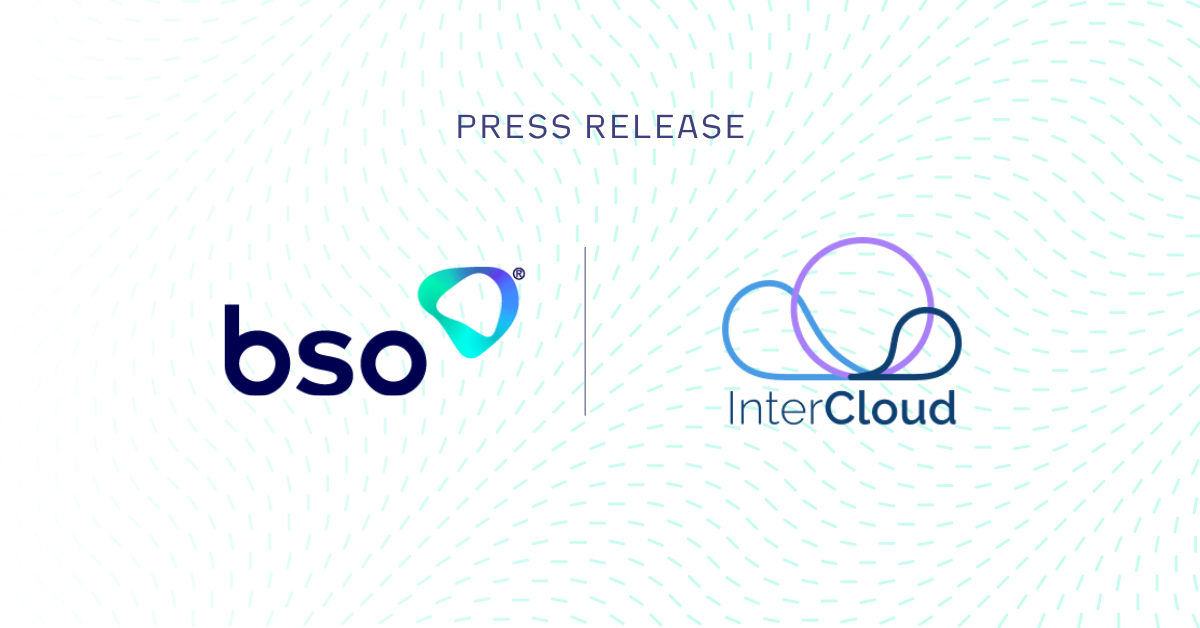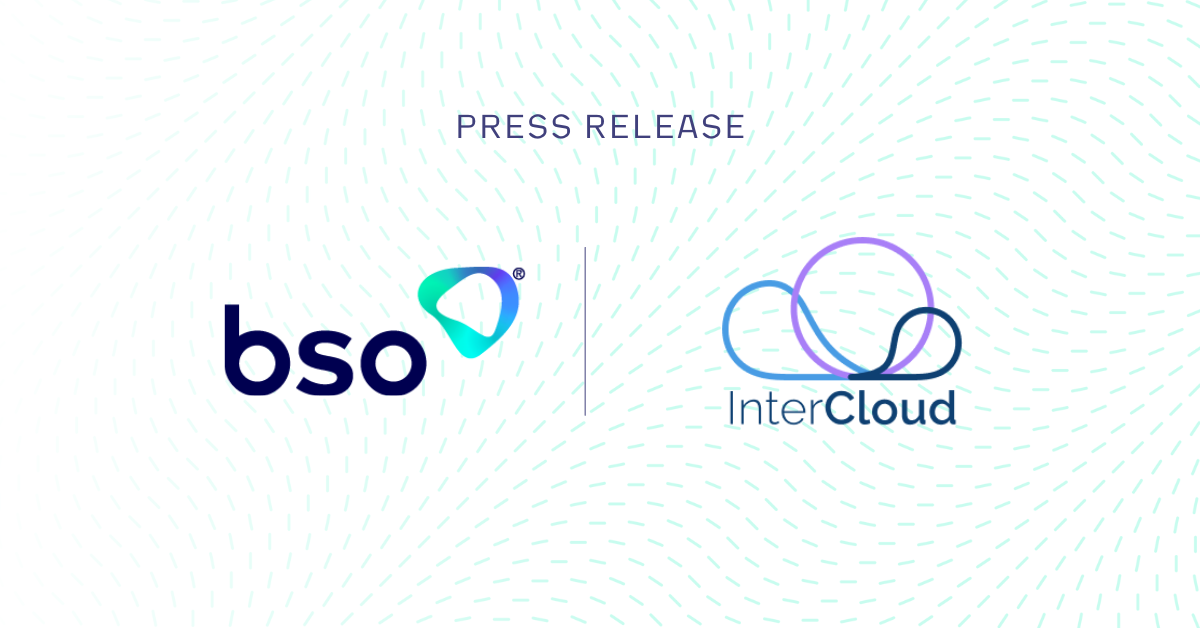Exploring New Markets: Opportunities and Challenges in Trading Expansion_

In their latest publication, "Expanding Connectivity: Navigating Challenges and Solutions in Exploring New Markets," Acuiti and BSO delved into trading firms' intentions to venture into fresh market domains over the upcoming three years.
The report unveiled a robust eagerness among trading firms to explore new markets, driven by the pursuit of diversified trading strategies and the allure of unique prospects within emerging and developing markets.
Across various regions, the following emerged as the top three new or emerging markets that garnered the interest of trading firms.
Asia:
Taiwan
South Korea
Hong Kong
Americas:
Brazil
Mexico
Chile
Middle East:
Saudi Arabia
Dubai
Qatar
Europe:
Turkey
Poland
Austria
Although the demand for tapping into new markets showed strength, a range of obstacles confront firms aspiring to make this leap. These challenges are often more pronounced when venturing into emerging and frontier markets. In such scenarios, differences in exchange infrastructure and local regulations compared to established markets can pose significant hurdles.
Consequently, the time required to grasp the dynamics of the local market emerged as the third most significant factor for firms when deciding whether to embrace a new market. Shortening this learning curve through internationally recognized connectivity processes presents a pivotal advantage for exchanges that aim to attract global trading flows.
Efforts are underway in numerous emerging and frontier markets to align their connectivity prerequisites and exchange regulations with international standards. However, such harmonization efforts often entail adjustments to local regulations.
An alternate strategy pursued by emerging exchanges involves adopting technology from established international markets. Notable among these endeavours is the success of major exchange groups, exemplified by Nasdaq, in supplying trading and post-trade software to emerging exchanges.
Exchanges are also proactively engaging in understanding the needs of international trading firms, thereby creating tailored products and services that cater to these requirements. A standout example is B3, which has successfully attracted numerous major proprietary trading firms by aligning its offerings with their demands.
For most respondents, the decision to connect to a new market hinges on cost considerations. This makes connectivity and market data expenses the top two priorities for firms participating in the Acuiti survey.
For a comprehensive understanding of the complete lists and deeper insights into firms' strategies for entering new markets, the full report can be downloaded here.
*This blog is not the original. The original article was written and published by acuiti.io on the 25th of July, 2023.
ABOUT BSO
The company was founded in 2004 and serves the world’s largest financial institutions. BSO is a global pioneering infrastructure and connectivity provider, helping over 600 data-intensive businesses across diverse markets, including financial services, technology, energy, e-commerce, media and others. BSO owns and provides mission-critical infrastructure, including network connectivity, cloud solutions, managed services and hosting, that are specific and dedicated to each customer served.
The company’s network comprises 240+ PoPs across 33 markets, 50+ cloud on-ramps, is integrated with all major public cloud providers and connects to 75+ on-net internet exchanges and 30+ stock exchanges. The team of experts works closely with customers in order to create solutions that meet the detailed and specific needs of their business, providing the latency, resilience and security they need regardless of location.
BSO is headquartered in Ireland, and has 11 offices across the globe, including London, New York, Paris, Dubai, Hong Kong and Singapore. Access our website and find out more information: www.bso.co
SALES ENQUIRY
Get in touch now. Find out how we can transform your business_
You might be interested in_
THE BSO DIFFERENCE
The industries we work across_





/Revolutionising-Connectivity%20BSOs-Tailored-Cloud-Solution-for-CryptoStruct-GmbH.png?width=1050&height=550&name=Revolutionising-Connectivity%20BSOs-Tailored-Cloud-Solution-for-CryptoStruct-GmbH.png)
/6%20Cloud%20Best%20Practices%20for%20Financial%20Technology%20Companies.jpg?width=1200&height=600&name=6%20Cloud%20Best%20Practices%20for%20Financial%20Technology%20Companies.jpg)








